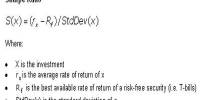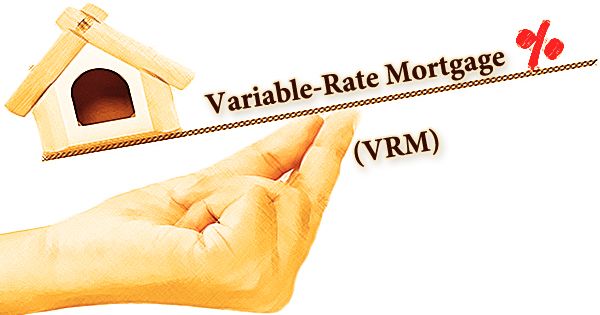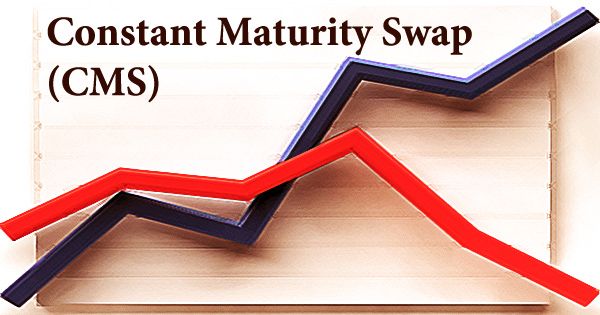Organized Market is a formal market in a specific place in which buyers and sellers meet to trade according to agreed rules and procedures. This is a type of market whose proceedings are governed by written rules and customs. Stock exchanges, financial futures exchanges, and commodity markets are examples of organized markets. The prices of securities such as shares, debentures, notes, corporate bonds, etc. are decided by the market demand and supply forces. The market operator defines the rules, authorizes membership, organizes and supervises trading, and ensures the proper functioning of the market and its technical facilities. It can be a physical trading location such as premises, etc. or it can be an electronic platform, i.e. website.
Here a group of traders operating under-recognized rules in buying and selling a single commodity or related commodities; a commodity exchange. On an organized market, counterparties do not trade directly with each other but place their buy (bid) and sell (ask) orders on display for all market participants. Its functions to keep trades fair, do more business, and speed up the buying/selling process.
A market is a place where two parties can gather to facilitate the exchange of goods and services. Participation in an organized market is limited to market members who are alone authorized by the market operator to trade directly. It has an association of persons (registered or unregistered) commonly referred to as member brokers. Market members are responsible for transmitting orders from individual and institutional clients. It is established with the aim of governing the trade of securities by the general public and companies, as a whole. Organizational markets are markets in which companies and individuals purchase goods for purposes other than personal consumption.
- Basic Marketing – One of the first tasks of marketing is to segment the market so that sellers can apply marketing strategies that are appropriate and most effective for a particular segment.
- Producers – Producers buy raw materials and machinery, often from other producers but sometimes from resellers.
- Resellers – Resellers include wholesale companies and retailers, as well as niche suppliers that specialize in particular areas where they have expertise.
















